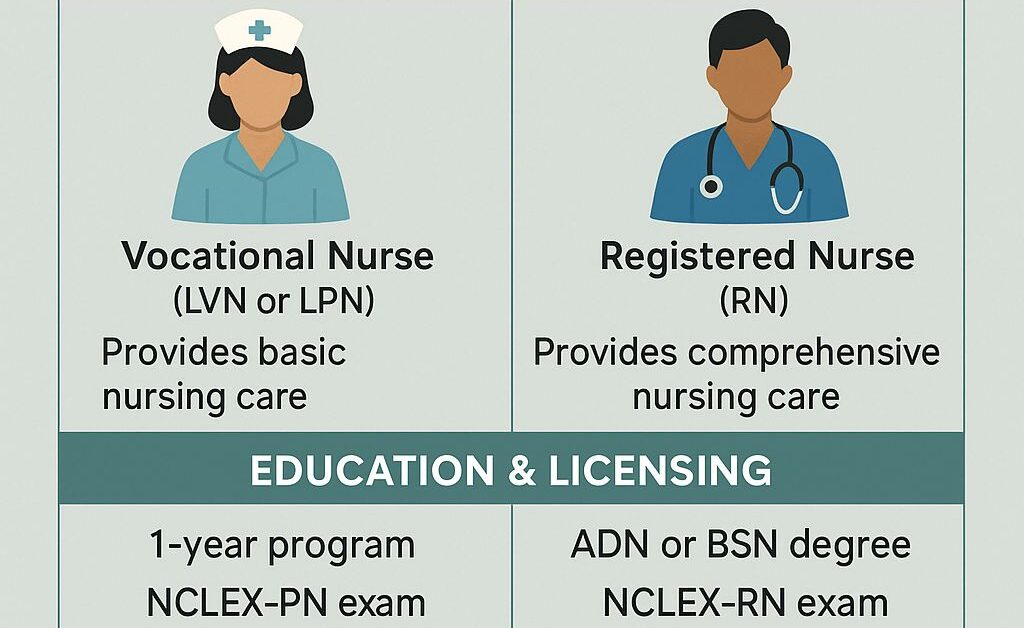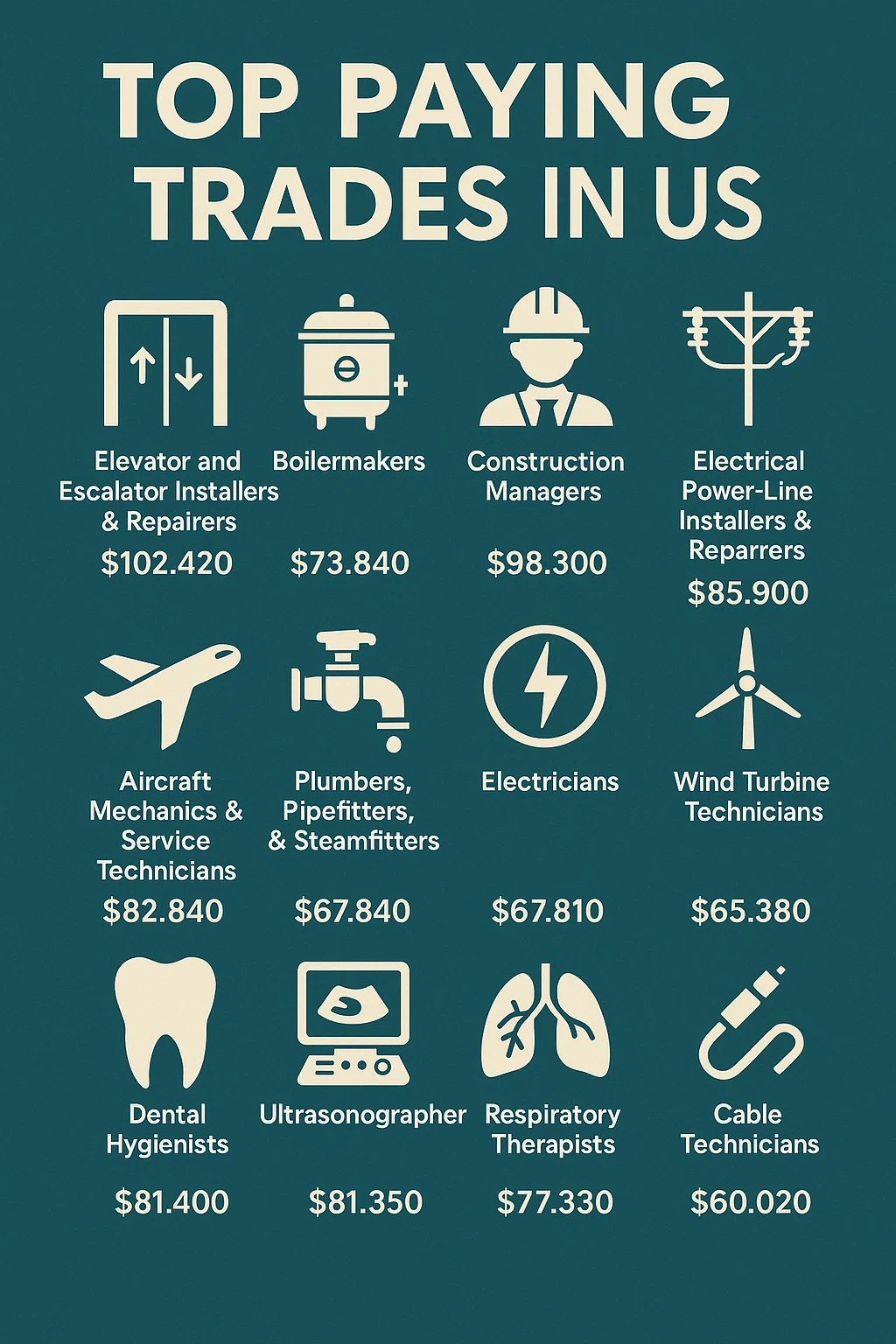Are you looking for the best investment in Lagos in 2025 that guarantees strong returns despite economic challenges? With rising inflation, currency fluctuations, and an uncertain job market, many Nigerians are searching for smart and secure ways to grow their money. Fortunately, Lagos offers a variety of promising investment opportunities—if you know where to look.
In this article, we’ll highlight 9 of the most profitable investment ideas you can explore in Lagos today, whether you’re starting with ₦100,000 or ₦10 million.
Why You Should Consider Investing in Lagos
Lagos is one of Nigeria’s largest cities, a melting pot of commerce, innovation, and opportunity. Home to over 20 million people, the city continues to attract entrepreneurs, multinational companies, and real estate developers. With the new Lekki Deep Seaport, Dangote Refinery, and ongoing infrastructure development, Lagos is the best place to invest as an economic powerhouse of West Africa.
Investing in Lagos means putting your money where there’s constant demand and long-term appreciation—whether it’s land, housing, logistics, or technology.
See Also: Agricultural Investment in Nigeria: Top 15 Options
Best Investment in Lagos

Here are the best sectors to invest your money in lagos with good returns:
1. Real Estate
Real estate remains the best investment in Lagos for both beginners and seasoned investors and Lagos remains one of the most valuable real estate hubs in West Africa. From buying land in fast-developing areas like Ibeju-Lekki and Epe to investing in rental properties or real estate investment trusts (REITs), the real estate sector in Lagos is booming.
-
Land: Buy now, sell later at a much higher price.
-
Rental properties: Earn monthly income by leasing apartments or office space.
-
Short-term rentals: Airbnb and serviced apartments are booming in Lekki and Victoria Island.
REITs like UPDC REIT, SFS REIT, and Union Homes REIT offer regular income and can be bought on the NGX like stocks.
2. Agriculture and Agribusiness
Agriculture and agribusiness are other investment opportunities to consider. With food prices rising and the demand for fresh produce increasing, agro-investments in Lagos are booming. Agribusiness thrives through logistics, processing, and food distribution. Investing in palm oil storage, food packaging, or rice processing can yield returns of 30–60% annually if done right.
- Urban farming in outskirts like Ikorodu
- Processing plants for garri, palm oil, or poultry products
- Export-focused agriculture through Lagos ports
There are many options to consider in agriculture and agribusiness investment.
3. Logistics and Transportation
As Nigeria’s busiest city, Lagos is always on the move, investing in logistics and transportation is another best opportunity to consider. Ride-hailing, delivery bikes, and van leasing services offer strong daily income for investors willing to scale logistics operations.
-
Start a bike-hailing or delivery business
-
Invest in a fleet of vehicles managed by a logistics platform
-
Partner with food delivery or courier services
4. Export Business
One of the best investments in Lagos for entrepreneurs seeking international growth is the export business. As Nigeria’s commercial capital and a coastal city with access to seaports and cargo airports, Lagos serves as a major hub for global trade.
Exporting high-demand local products like dried fish, palm oil, cocoa, ginger, sesame seeds, garri, and cashew nuts can yield impressive profits—especially when you establish relationships with foreign buyers in Europe, North America, and Asia.
Several platforms and logistics companies, such as Chimatrans, now support small exporters with packaging, documentation, customs clearance, and even foreign market connections. With the right training and market research, even a small-scale investor can break into the export market from Lagos.
👉 Why it’s a smart move:
- Huge demand for Nigerian food and natural products abroad
- Support from government export promotion programs
- Foreign earnings (in USD, GBP, or EUR) protect against naira devaluation
5. Commercial Paper Investment
If you’re a high-net-worth individual looking for a short-term, high-yield option, commercial paper is one of the best investments in Lagos right now. These are unsecured debt instruments issued by top Nigerian companies like MTN, Dangote, Flour Mills, and UBA, offering higher interest rates than T-bills or savings bonds.
With tenors typically ranging from 30 to 270 days and rates between 15% and 21% per annum, commercial paper is ideal for investors with ₦5 million or more looking to park their funds and enjoy strong, relatively low-risk returns.
You can access commercial papers through trusted investment banks or platforms like AFRINVEST, FBNQuest, or Chapel Hill Denham.
👉 Key Benefits:
- Short maturity periods with predictable returns
- Backed by strong, reputable corporations
- Excellent option for portfolio diversification
6. Oil and Gas Retailing
When talking about the best investment in Lagos, you can’t ignore the oil and gas retail sector. Despite the rise of alternatives, Lagos still runs on fuel—literally. Whether it’s petrol stations, LPG (cooking gas) refilling centers, or fuel distribution, demand is consistent and profits are attractive.
Setting up a mini gas plant, becoming a registered LPG reseller, or investing in fuel tanker logistics can generate both daily and monthly income. The key is to meet safety regulations, choose the right location, and offer competitive pricing.
As more Lagosians adopt gas for cooking (due to the rising cost of kerosene and electricity), LPG businesses are scaling quickly.
👉 Why it works:
- Steady demand across homes, restaurants, and businesses
- Government encouragement of LPG adoption
- Repeat customers mean recurring revenue
7. School and Daycare Investment
Education is a recession-proof sector—and setting up a school or daycare center in Lagos is one of the best investments in Lagos if you’re thinking long-term. With Nigeria’s massive youth population and overburdened public schools, the need for quality private education is at an all-time high.
From early childhood centers to after-school programs and secondary schools, the opportunities are wide. Lagos parents are willing to pay premium fees for environments that promise safety, digital learning, and strong academic performance.
Even better, education businesses tend to grow by reputation—happy parents bring referrals, and community trust leads to long-term success.
👉 Why you should consider it:
- High demand for quality child care and education
- Strong income potential with relatively low operating costs
- Social impact: You help shape the next generation
8. Computer-Based Test (CBT) Centers
With national exams like JAMB, WAEC, NECO, and various job recruitment tests now conducted digitally, CBT centers have become one of the fastest-growing businesses in Lagos.
Setting up a CBT center with 20–50 functional laptops, reliable internet, and backup power supply can yield year-round income through regular exam contracts and private tutorials. Areas around universities, local government headquarters, and busy neighborhoods are especially profitable.
Some entrepreneurs also diversify by offering digital skills training, typing services, and online registrations in the same space.
👉 Benefits of this investment:
- Low competition compared to traditional schooling
- High ROI within 1–2 exam cycles
- Passive income through test hosting contracts
9. Renewable Energy
As Lagos continues to battle unstable electricity supply, renewable energy—especially solar—is proving to be one of the best investments in Lagos with fast-growing demand.
You can invest in:
- Solar installation services for homes, schools, and offices
- Retailing solar kits and inverters to local consumers
- Mini-grid systems for estates or remote areas
This business offers not just profit, but positive environmental impact and energy independence for your customers.
Platforms like Lumos, Rubitec, A4&T Power and Arnergy even offer franchise and partnership opportunities for investors looking to get into the solar space.
👉 What makes it great:
- Rising fuel prices = more people switching to solar
- Lagos government supports clean energy adoption
- It’s scalable: start small, grow big
Frequently Asked Questions (FAQs)
What is the safest investment in Lagos in 2025?
Federal government bonds and mutual funds are among the safest options. They are low risk and backed by either the government or licensed fund managers.
How much do I need to start investing in Lagos?
You can start with as little as ₦1,000 through digital apps like PiggyVest, Trove, or Cowrywise. For real estate or commercial paper, you’ll need ₦100,000 to ₦5 million.
Is it wise to invest in Lagos during inflation?
Yes. Smart investors use inflation to their advantage by investing in assets that appreciate or generate returns above inflation, like real estate, stocks, and export trade.
Can I invest in Lagos without owning a business?
Absolutely. Many investment options like mutual funds, REITs, and savings apps allow passive investment—you don’t have to run a business to earn returns.
Where should a beginner invest in Lagos?
Start with digital savings platforms, money market mutual funds, or Treasury Bills. These are low-risk and help you learn while your money grows.
See Also: Top 7 Saving and Investing Apps in Nigeria 2025 Reviewed
Final Thoughts
The best investments in Lagos are real estate, agriculture and agribusiness, logistics and transportation, export business, etc., and it depends on your capital, risk tolerance, and personal goals. Whether it’s buying stocks, starting a logistics business, or exporting palm oil, the key is to start now and let your money work for you. With the right strategy and consistency, 2025 could be your most profitable year yet.










